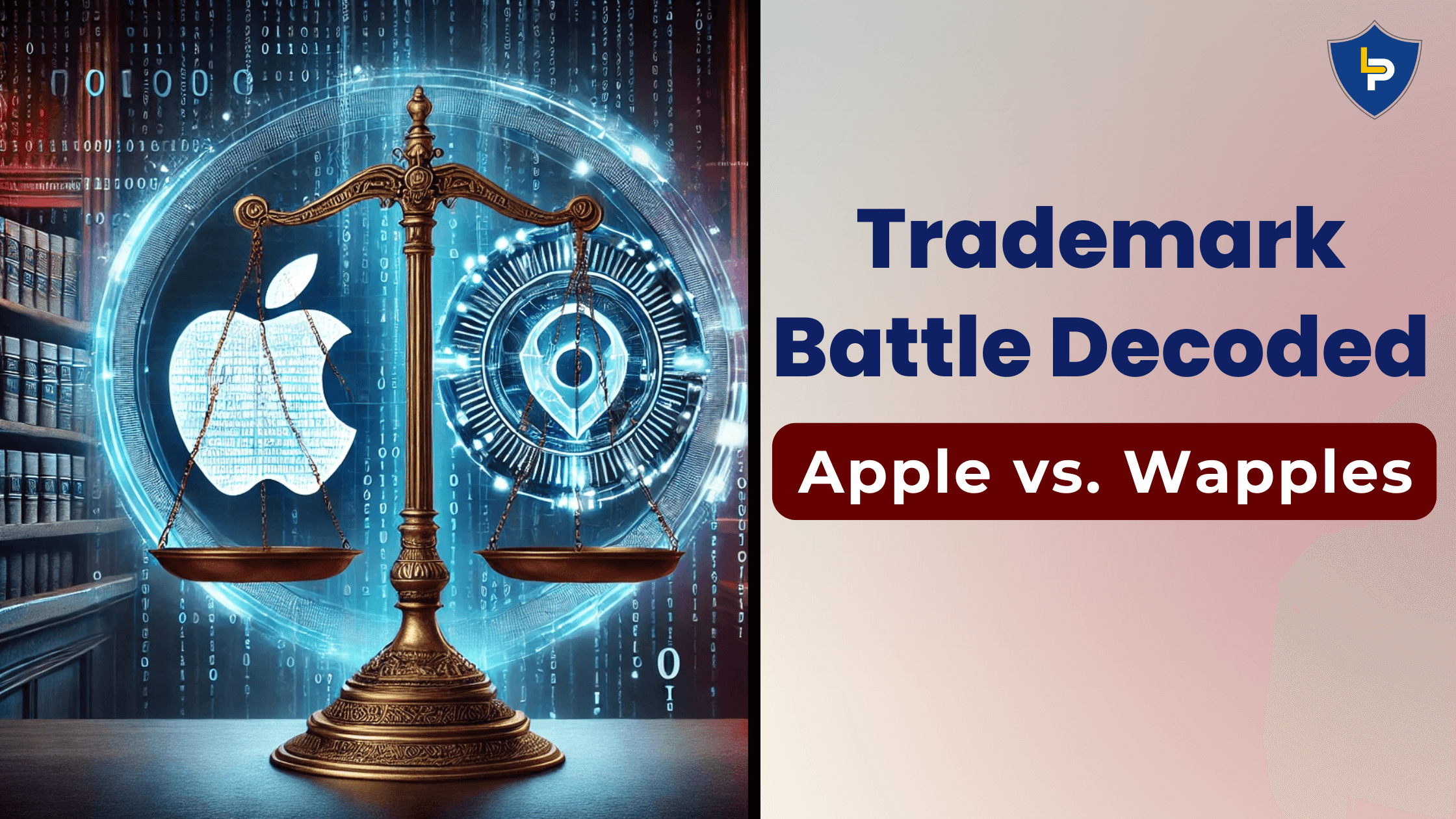Apple Loses Trademark Opposition to Penta Security’s Wapples

Apple Inc., a global tech giant renowned for its innovative products and robust trademark portfolio, has lost a trademark opposition case against Seoul-based cybersecurity company Penta Security Systems Inc. The dispute centered around Penta Security’s attempt to register the trademark “Wapples” for its software and hardware products under Class 9, which encompasses a broad range of electronic goods. Apple argued that “Wapples” was too similar to its own trademarks and could potentially cause consumer confusion. However, the Intellectual Property Office of Singapore (IPOS) dismissed Apple’s opposition, ruling in favor of Penta Security.
Background of the Dispute
The trademark application for “Wapples” was filed by Penta Security in December 2021. Penta Security is a leading provider of web and data security solutions, with products designed to protect businesses from cyber threats. The company sought to use the “Wapples” trademark for its cybersecurity software and hardware, aiming to distinguish its products in a competitive market.
Apple, known for fiercely defending its intellectual property, opposed the “Wapples” trademark, citing concerns over potential confusion with its iconic “Apple” brand. Apple argued that the inclusion of “A-P-P-L-E-S” within the term “Wapples” could mislead consumers into associating the cybersecurity products with Apple’s ecosystem of goods and services.
Key Considerations in the Ruling
The decision by IPOS’s Registrar See Tho took into account multiple aspects of trademark law, including visual and aural similarity, conceptual similarity, likelihood of confusion, and additional grounds of opposition raised by Apple.
Visual and Aural Similarity
Apple claimed that “Wapples” bore visual and aural resemblance to “Apple.” However, Registrar See Tho found the trademarks to be visually distinct, especially since Apple’s marks often feature the iconic bitten apple logo. Additionally, the term “Wapples” does not sound like “Apple” when spoken aloud, further reducing the likelihood of confusion.
Conceptual Similarity
Apple argued that “Wapples” was conceptually similar because it included the word “Apples.” However, the Registrar sided with Penta Security, noting that “Wapples” is an invented term with no inherent meaning. Unlike “Apple,” which is associated with the fruit and the tech brand, “Wapples” stands as a unique and distinctive term, diminishing any conceptual overlap.
Likelihood of Confusion
The Registrar assessed the nature of the goods under Class 9, such as cybersecurity software and hardware, which are typically purchased by informed and discerning consumers. Such buyers are less likely to confuse the two trademarks. Moreover, Apple’s global reputation and brand distinctiveness further minimized the chances of “Wapples” being mistaken for Apple’s products.
Other Opposition Grounds
Apple also raised objections under Sections 8(4) and 8(7)(a) of Singapore’s trademark law, arguing that “Wapples” could harm its trademarks or reputation. However, the Registrar concluded that the dissimilarity between the marks nullified this risk. Apple’s claim of bad faith under Section 7(6) was also dismissed, as “Wapples” was deemed a legitimate and distinctive term.
The Final Ruling
Registrar See Tho ruled in favor of Penta Security, concluding that the “Wapples” trademark posed no risk of consumer confusion and was sufficiently distinct from Apple’s marks. Penta Security was allowed to proceed with the registration of “Wapples.”
Implications of the Decision
This decision underscores the importance of distinctiveness in trademark disputes. It highlights the nuanced considerations involved in assessing potential consumer confusion, particularly for industries where purchasing decisions are made by informed buyers. For Penta Security, this ruling marks a significant victory, enabling the company to solidify its brand identity in the cybersecurity sector.
For Apple, the case illustrates the challenges of enforcing trademark rights, even for globally recognized brands. While Apple is known for aggressively protecting its intellectual property, this loss demonstrates the limits of its ability to block trademarks with superficial similarities to its own.
Regional Precedent and Future Outlook
The ruling by IPOS sets a regional precedent for handling trademark disputes involving well-known brands. It emphasizes the need for clear evidence of similarity and potential confusion when opposing a trademark. The decision also reinforces that invented terms, when distinctive and conceptually unrelated, are less likely to infringe on existing trademarks.
In conclusion, the “Wapples” case highlights the balance between protecting intellectual property and fostering competition. As Penta Security moves forward with its “Wapples” trademark, the ruling underscores the value of a distinctive and well-crafted brand in overcoming legal challenges.

